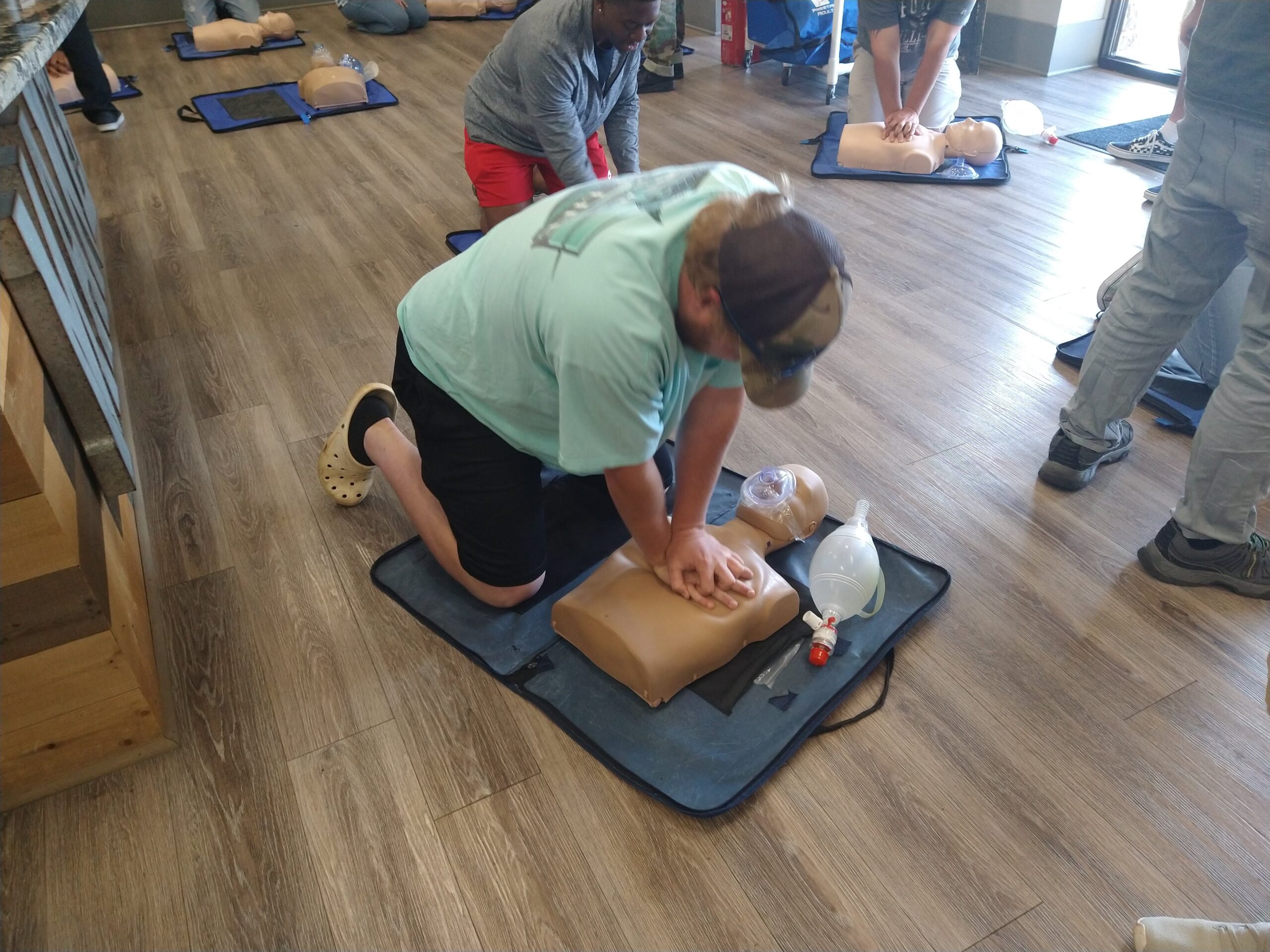Understanding CPR Success Rates: Facts and Influencing Factors
At Pulse CPR and First Aid School, located in Augusta, GA, and Martinez, GA, we are dedicated to providing the training you need to save lives in emergencies. Cardiac arrest is a leading cause of death in the United States, but immediate CPR can double or even triple a victim’s chance of survival. Let’s dive into the effectiveness of CPR and what you need to know about its success rates.
Why CPR Matters
Cardiopulmonary Resuscitation (CPR) is a lifesaving technique that can maintain circulation and breathing in someone experiencing cardiac arrest. Time is critical:
- 0-4 minutes: Brain damage is unlikely.
- 4-6 minutes: Brain damage becomes a concern.
- 6-10 minutes: Severe brain damage is likely.
- 10+ minutes: Survival is unlikely without immediate intervention.
Unfortunately, around 70% of Americans feel unprepared to perform CPR due to a lack of training or outdated certifications. That’s why Pulse CPR emphasizes the importance of regular certification and hands-on training.
The Reality of Cardiac Arrest in the U.S.
- 356,000+ cases of out-of-hospital cardiac arrests occur annually.
- 90% of these cases are fatal, primarily due to delayed intervention.
- Only 46% of victims receive CPR from bystanders before emergency responders arrive.
The sooner CPR begins, the better the outcome. Immediate bystander CPR can significantly improve survival rates for out-of-hospital cardiac arrest victims.
How Effective Is CPR?
CPR is a critical component of the chain of survival, but its success depends on several factors:
- Out-of-hospital survival rates average around 10%.
- When CPR is performed immediately, survival rates can climb to 40% or higher.
- Survival rates for in-hospital cardiac arrests range from 24% to 40%.
Hands-only CPR, which involves chest compressions without rescue breaths, is especially effective for adult victims and can be performed by anyone, regardless of training level.
Factors Impacting Survival Rates
- Bystander Intervention
- High-quality CPR performed by bystanders increases the chances of survival. Immediate chest compressions keep blood flowing to the brain and vital organs until professional help arrives.
- The American Heart Association recommends compressions at a rate of 100-120 per minute.
- Witnessed Cardiac Arrests
- Survival rates are higher when the cardiac arrest is witnessed. A bystander’s quick action to call 911 and begin CPR is crucial.
- Use of an AED
- Automated External Defibrillators (AEDs) can restore a normal heart rhythm during certain types of cardiac arrest. When combined with CPR, AEDs can improve survival rates by up to 70%.
CPR Training for the Community
At Pulse CPR and First Aid School, we offer comprehensive CPR certification and recertification courses to prepare you for emergencies. Our training includes:
- Hands-only CPR for adults.
- Full CPR with rescue breaths for infants and children.
- AED usage.
- Choking response techniques.
Our courses are designed to be practical and engaging, ensuring you feel confident to act when it matters most.
Why Choose Pulse CPR?
- Convenient Locations: Serving Augusta, GA, and Martinez, GA.
- American Heart Association Certification: Nationally recognized certifications.
- Hands-On Training: Gain real-world skills in a supportive environment.
- Flexible Scheduling: Daytime, evening, and weekend classes available.
Take Action Today
Don’t wait until it’s too late. Be the difference between life and death for someone in need. Enroll in a CPR course at Pulse CPR and First Aid School today and become equipped to save lives.
Contact Us Pulse CPR and First Aid School 110 Davis Rd, Suite #18 Martinez, GA 30907 Call: 706-901-7277
Visit our website to learn more and register for a class. Let’s make our community safer, one life at a time.

